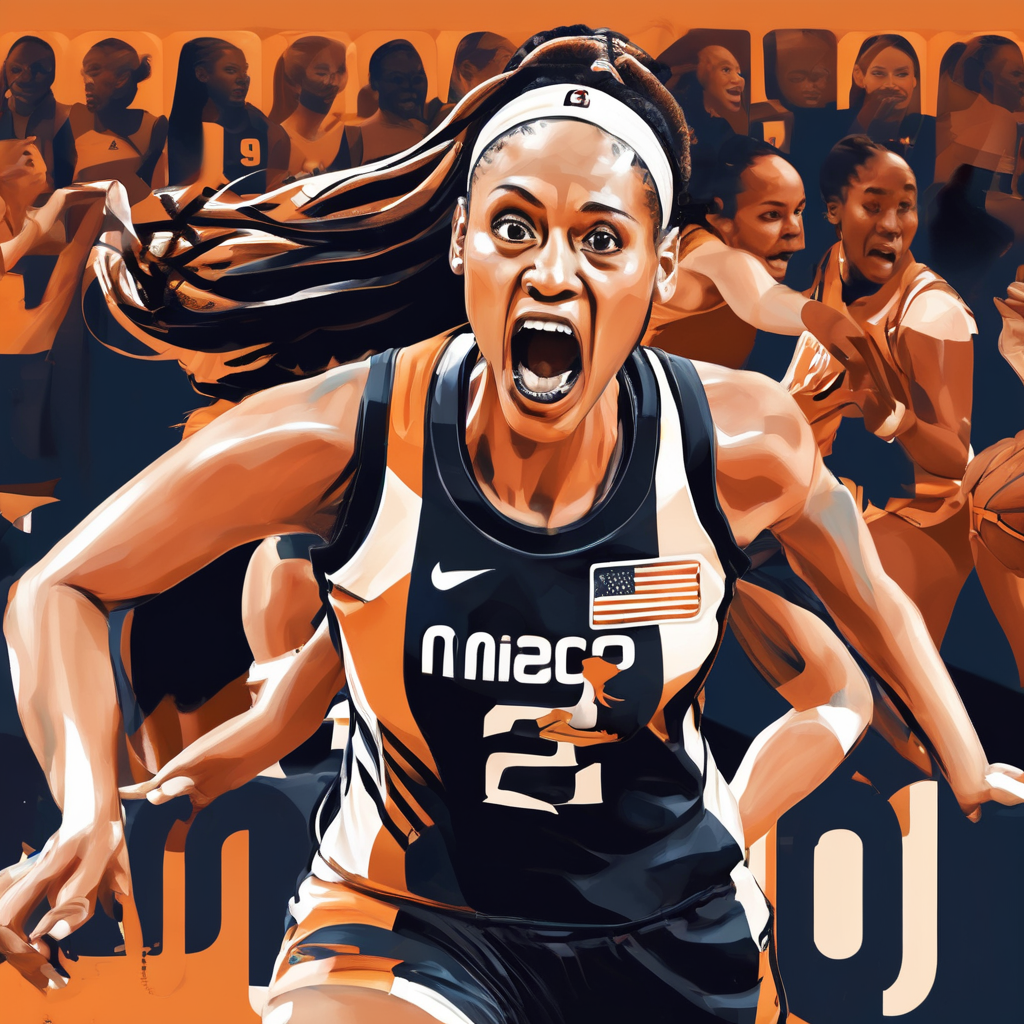Caitlin Clark Fine: Social Media Criticism of WNBA Referees Costs Fever Star $200
Caitlin Clark Fined $200 for Criticizing WNBA Officiating on Social Media
Indiana Fever rookie sensation Caitlin Clark has been fined $200 by the WNBA for comments she made on social media regarding the officiating during the team’s recent playoff series victory over the Atlanta Dream. The fine highlights the league’s stance on public criticism of referees, even from its biggest stars.
While the exact wording of Clark’s comment remains undisclosed in official statements, sources indicate it was a response to perceived inconsistencies and missed calls throughout the series. The timing of the post, immediately following the hard-fought series win, suggests frustration and a desire to voice her concerns about the officiating standards.
This incident raises important questions about the balance between player expression and league regulations. On one hand, players, especially those with significant social media followings like Clark, have a platform to share their perspectives and engage with fans. Restricting that voice too severely could be seen as stifling authenticity and hindering the connection between players and the fanbase.
On the other hand, the WNBA, like any professional sports league, has a vested interest in maintaining the integrity of the game and upholding the authority of its officials. Unchecked criticism, even if valid, could undermine the referees’ credibility and potentially influence future officiating decisions. Fines such as Clark’s serve as a deterrent and reinforce the league’s policy against public attacks on officiating.
The $200 fine is relatively minor in the grand scheme of professional sports salaries, but the symbolic weight of the punishment is significant. It serves as a clear message that even star power doesn’t exempt players from abiding by league rules regarding referee criticism. The incident is likely to spark further debate among fans and analysts about the WNBA’s officiating standards and the appropriate channels for players to voice their concerns.
Looking ahead, it will be interesting to see if this incident prompts any changes to the WNBA’s policy on social media criticism of referees or whether it simply serves as a cautionary tale for players to be more mindful of their online communication. Regardless, the Caitlin Clark fine has brought the issue of referee accountability and player expression into the spotlight, ensuring a lively discussion within the WNBA community.

